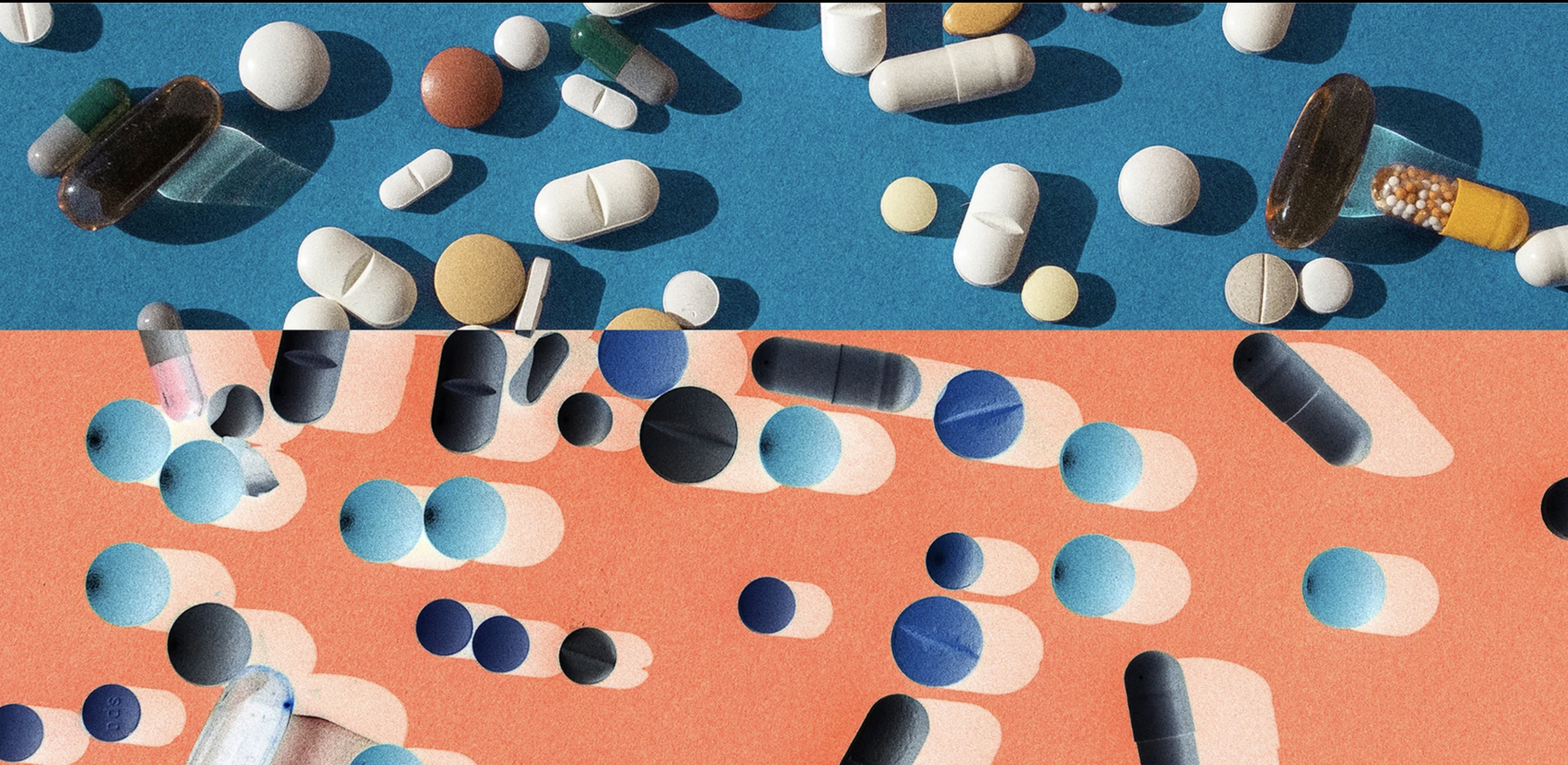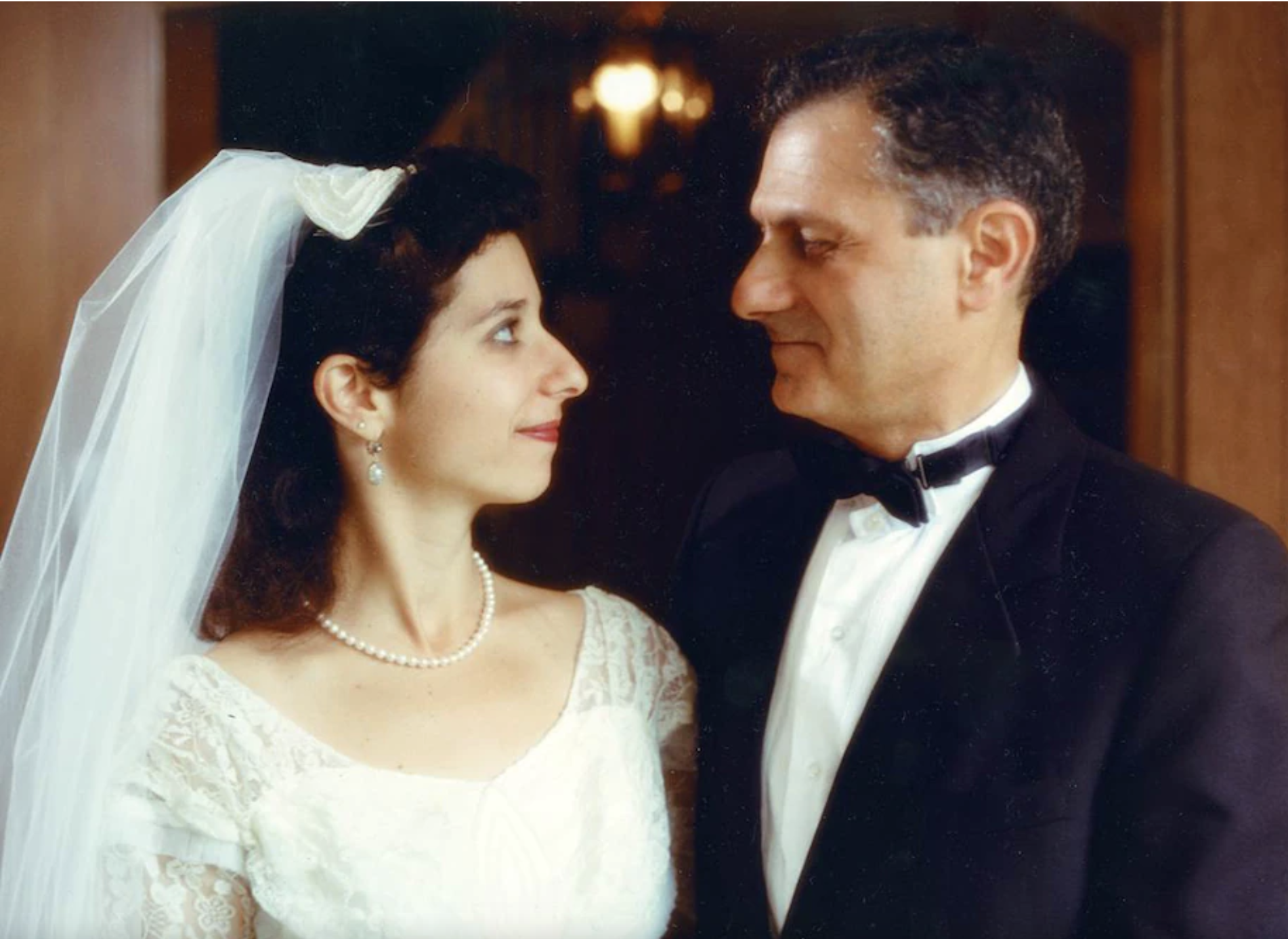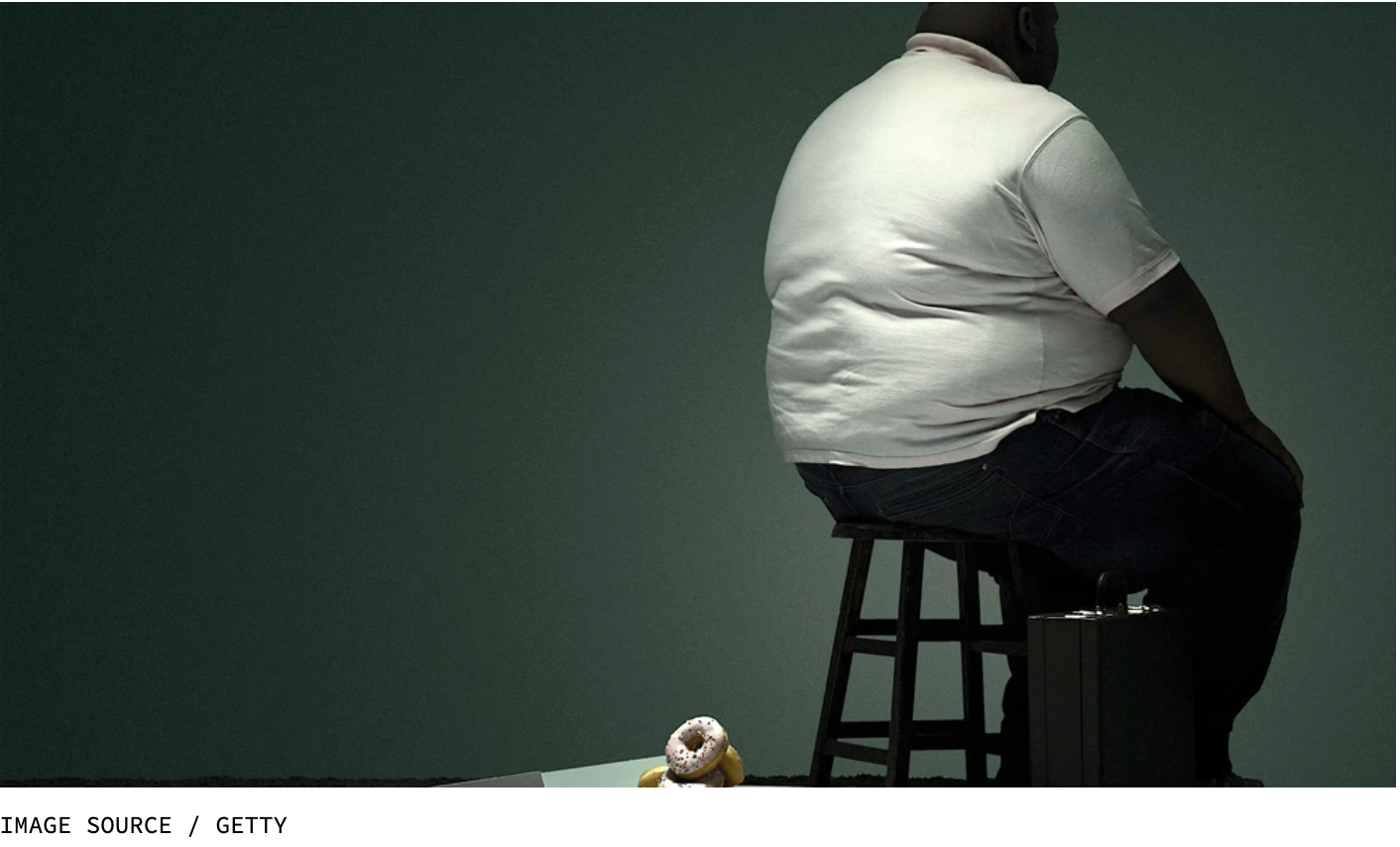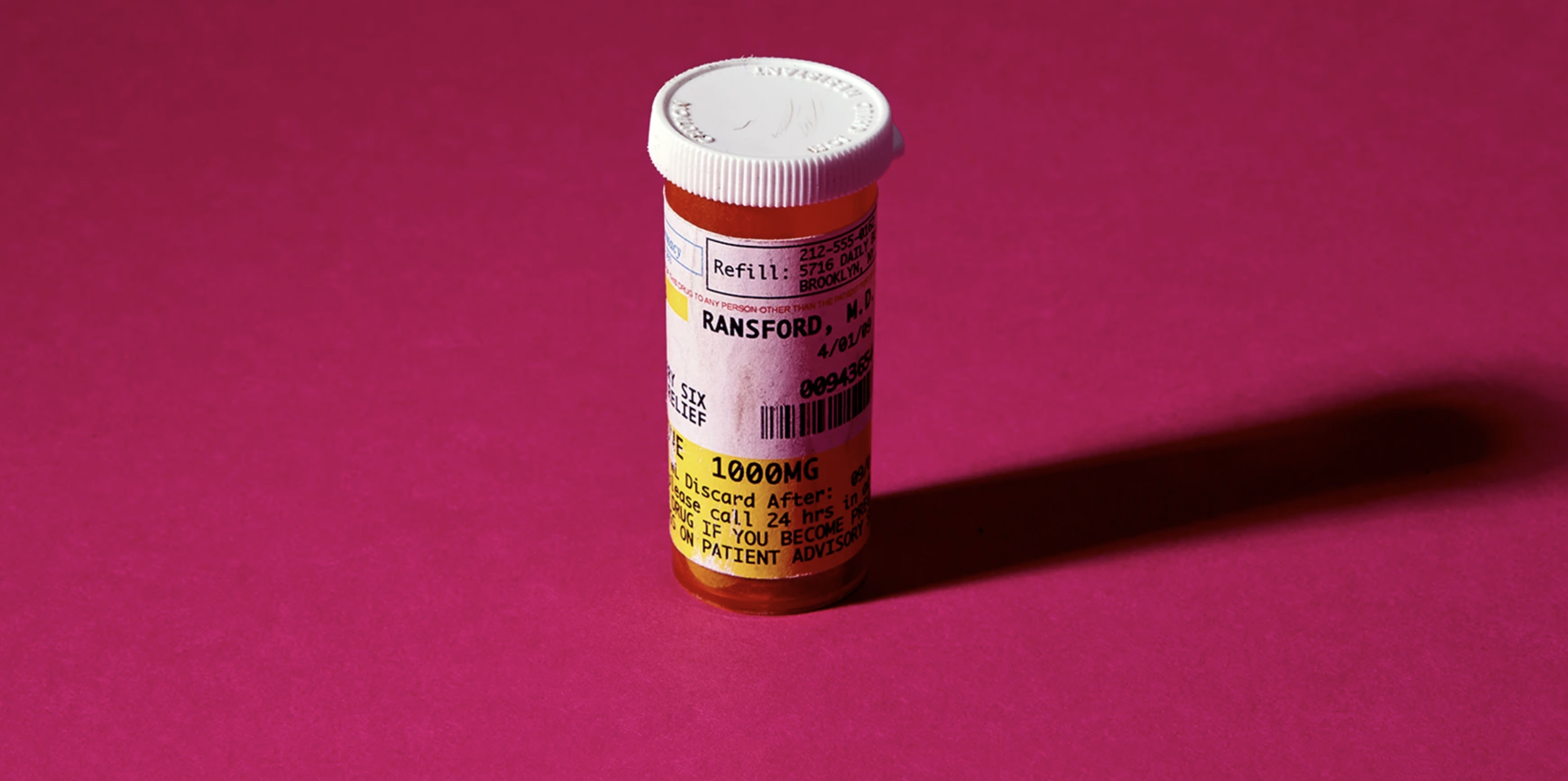She experimented on primates for decades. Now she wants to shut down the labs.
© Lynn Johnson
“Right here! Beneath our feet! Are 300 monkeys! They haven’t seen sunshine! In years!”
Lisa Jones-Engel stands outside the entrance to the Washington National Primate Research Center along with two dozen other protesters – most 30 years younger. Her long gray-blond ponytail tucked over one shoulder, she yells into a megaphone. As she shouts, another part of her brain is thinking: “God, you sound like a fucking activist. You sound like one of them.”
Read the rest of the story here.
My Generic Medications Failed Me. I’m Not Alone.
© Collage by Cathryn Virginia
I’m kneeling on my driveway, watching blood pour from my nose and stream toward the street. It’s my fourth big nosebleed in four days, and as my husband bundles me into the car, I’m thinking the worst.
After a gauntlet of tests, all of which are negative, my doctor says she thinks the nosebleeds were triggered by my antidepressant—specifically by my switching from a generic version to the brand- name. A few months earlier, when the generic hadn’t diminished my panic attacks, she had suggested trying the brand-name, and I’d started it a few days earlier. “You’re suddenly getting a lot more of the active ingredient,” she explains now. “Which you were supposed to get before, on the generic, but clearly weren’t. That’s why you’re having nosebleeds. They’ll stop in a few days.” . . . Read the rest of the story here.
What’s a Good Death? It’s Not Quite the Peaceful Drifting Off I’d Imagined for My Dad
At age 86, my father had survived both colon cancer and a stroke that left him with aphasia. His mind was sharp, though, and he wasn’t depressed. A crack bridge player with a passion for Italian restaurants, he was popular at his assisted living facility even though he couldn’t speak much. He told me he’d lived a good life and wasn’t afraid of dying, and he didn’t want to go through any more medical trauma. No chemo, no radiation, no surgeries, no treatment. . . . Read the rest of the story here.
Internalizing Stigma Is Bad for Your Health
I Tried to Get Off Ativan and Learned Some Dark Shit in the Process
In 2006 I had a really, really bad year. My older daughter got sick and nearly died, my younger daughter got depressed, and my beloved mother-in-law developed terminal lung cancer. For weeks all I could do was cry and panic and cry some more.
When a psychiatrist suggested I take a small dose of lorazepam (the generic name for Ativan) three times a day, I said yes please. The relief was immediate: I could sleep. I could think. I could cope with the multiple traumas our family was facing.
I was in good company. According to a new report based on government data, one in five American women (and one in ten men) . . . Read the rest of the story here.
This Is the Most Promising Lead Yet on a Cure for Alzheimer's
© Ethan Hill
Helene DeCoste senses the news could be bad before she and her husband, Russ, even take their seats in the doctor's office. Instead of the one neurologist they expected to see, there are two, and that can't be good. In a moment the couple will have the answer they've been waiting for, an answer that will determine a lot about Helene's future. . . .
Read the rest of the story here.
How Many People Have to Die to Show a New Surgery Technique Isn't Worth It?
Prevention Magazine, July 2014
On good mornings, Hooman Noorchashm wakes early, a relic of the days when he rose at 4:30 am for surgical rounds at Brigham and Women's Hospital. He pads through the quiet house to pop a coffee pod into the machine, then heads for his home office, where, over the course of the day, he will calmly, deliberately compose and send dozens of emails. . . .
Read the rest of the story here.


















